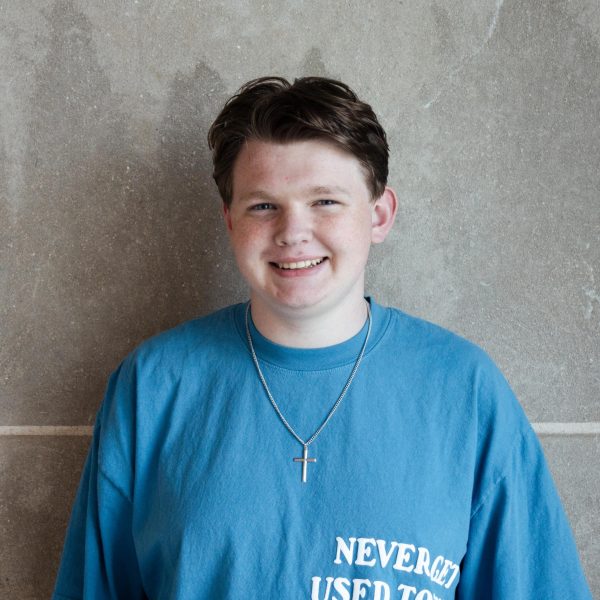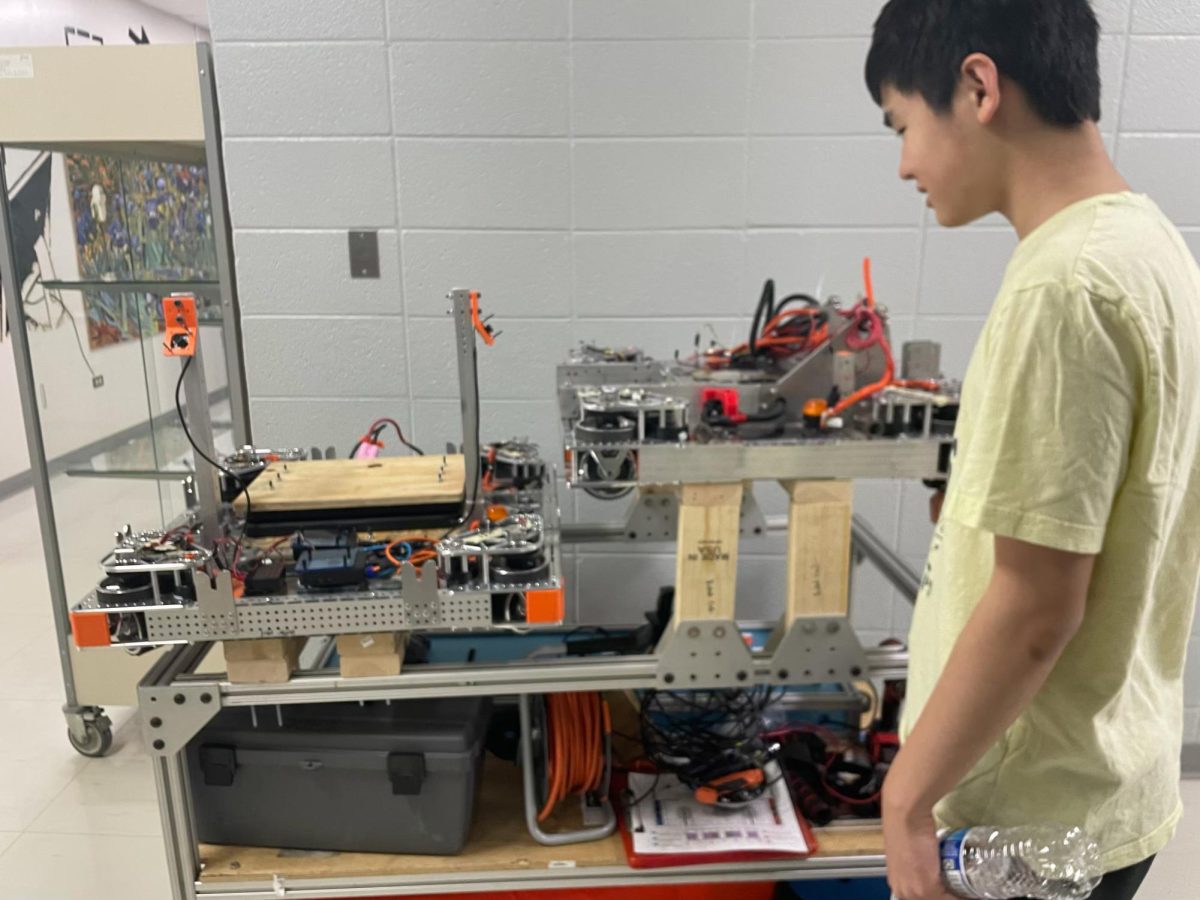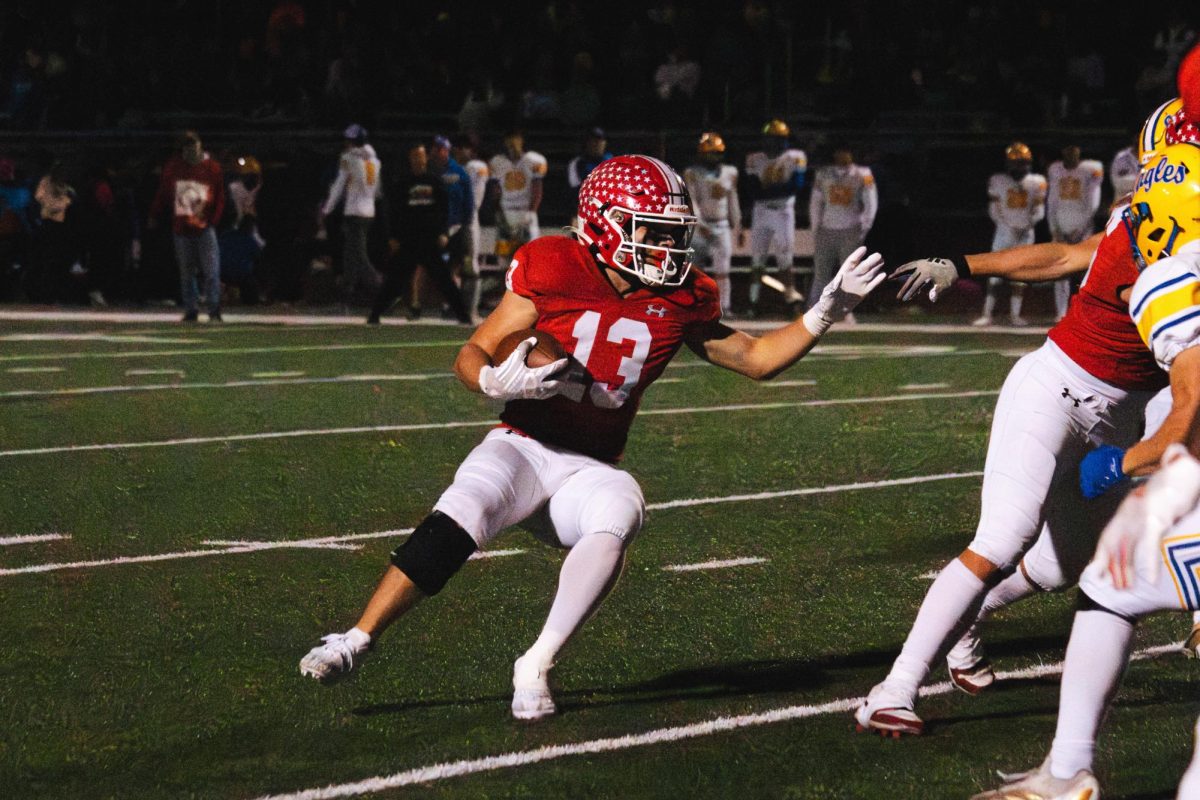Morning support sees significant changes as students opt for SOAR alternatives
May 3, 2022
Since the implementation of SOAR (Success of All Redhawks) periods, fewer students have utilized morning support resources, said Marc O’Shea, instructional coordinator for academic support.
“We would typically get a full classroom of around 20-25 students in both the science and math morning support sessions [before SOAR was implemented],” O’Shea said.
Morning supports are held before school and are a resource students may use for extra help with specific subjects.
“Students arrive, they sign in and they receive help from a teacher,” O’Shea said. “Students present a task they’re struggling with and ask for support on that.”
The morning of April 18, there were only two students in each of the math and science supports.
“The numbers have gone down,” O’Shea said. “But it’s still a robust support that students value.”
After the implementation of SOAR, freshman Jay Patel, for instance, went to fewer morning supports.
“I went [to morning support] a lot more first semester than second semester,” Patel said.
Morning support still benefits students and even has some advantages, Patel said.
“In SOAR, you already have a huge class, so you can’t get individually tailored help on what you specifically need,” Patel said. “[But you can in the morning,] I think that’s one huge advantage of morning support.”
One of the four students in morning support on April 18, freshman Oliver Philippian, also says morning support offers benefits.
“Morning supports are more individualized,” Philippian said.
SOAR is meant to be “more targeted,” O’Shea said.
“SOAR, when done well, should be a scenario when there’s instruction, plan and prep in advance,” O’Shea said.
While SOAR has led to some changes in morning support, it has always been beneficial to students and much of the same process remains in place, O’Shea said.
“With the morning support, you can just go and practice your homework and solicit help when needed,” O’Shea said. “Kids typically going to morning support are seeking out help and can sometimes be your high-performing students.”
Philippian also feels morning support is helpful.
“It helps me with my academics more, and perform better in certain classes that I’m struggling with,” Philippian said.
The teacher can work one-on-one with another student in the room in morning support more so than they do in SOAR, Philippian said.
“Morning support is just drop-in help like tutoring from a professional,” O’Shea said. “[It provides] extra support in a subject area.”
SOAR and morning support can benefit students when coupled together, O’Shea said.
“There’s some student choice available in the morning [because] teachers can’t pull you in like they do in SOAR,” O’Shea said.
Students can use both morning support and SOAR options to maximize their learning.
“If I wanted to go to [Engineering Design Studio] during SOAR but I needed help in Spanish, I could go in the morning for Spanish and actually go to the SOAR I want to,” Patel said. “[SOAR] support is a big help, you can take study halls when you need it, and pairing that with morning help gives you so much time to get help and get better in certain areas.”







